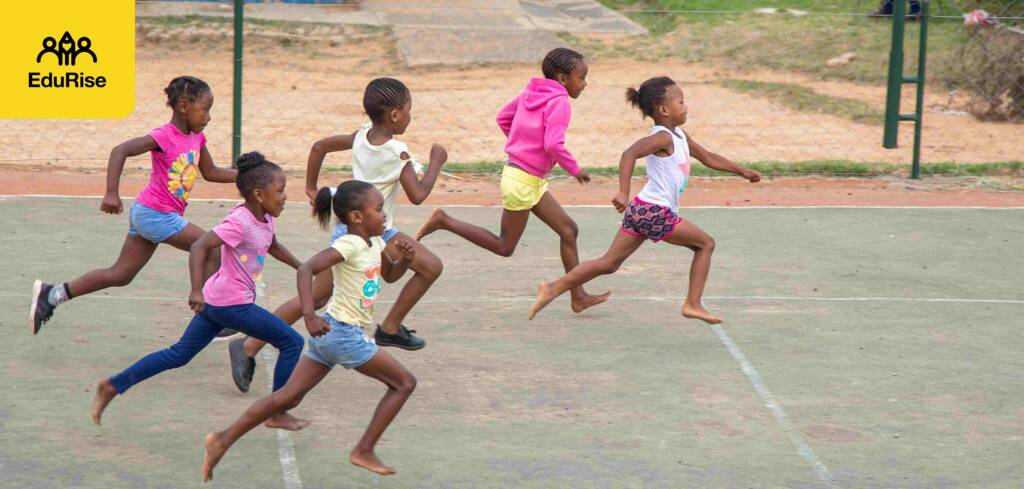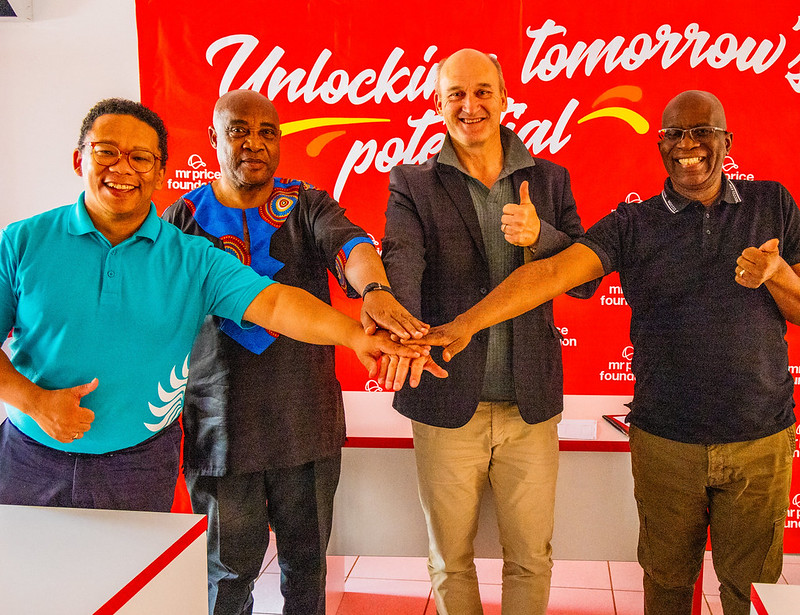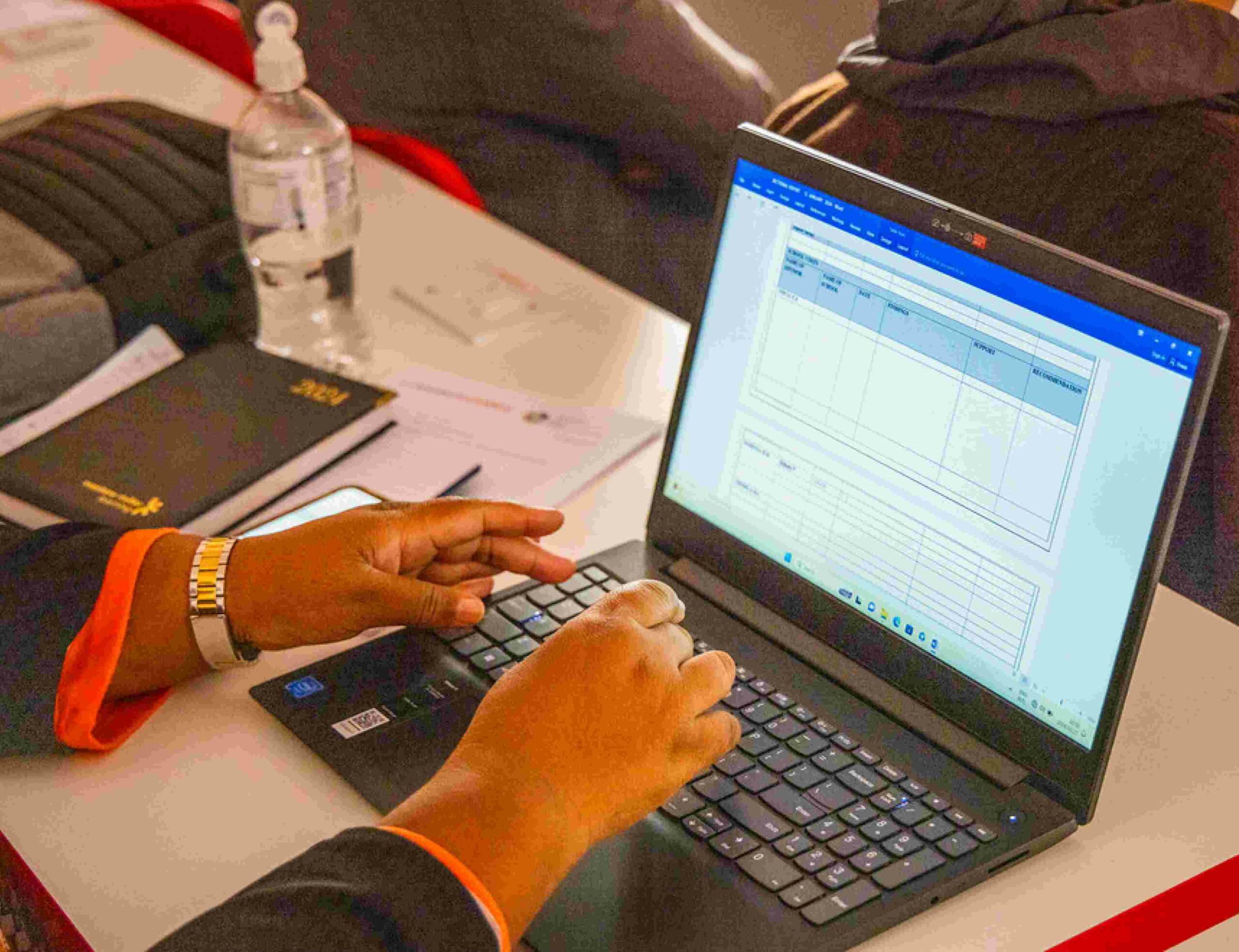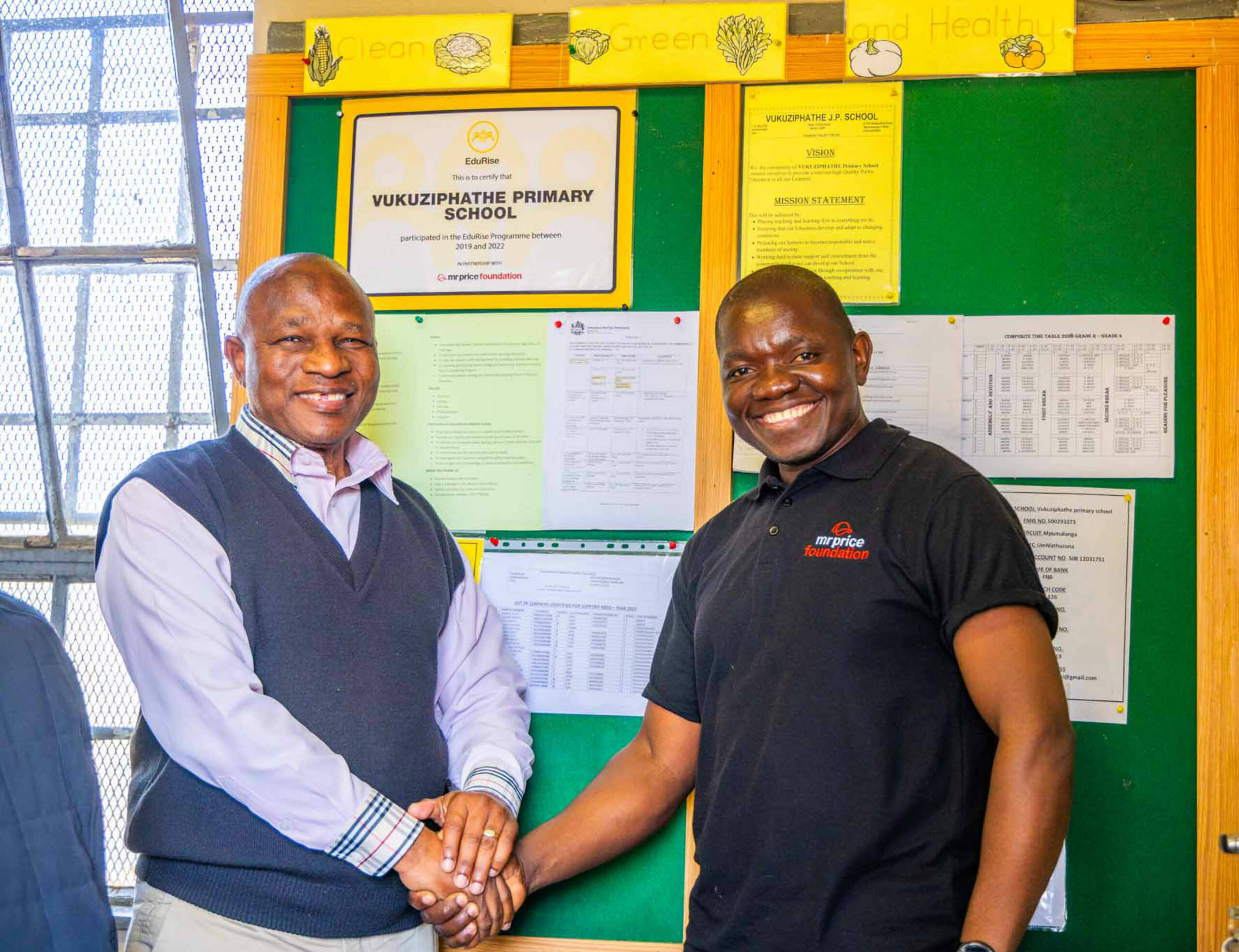
MR PRICE FOUNDATION believes that learning starts long before school. If we want South Africa’s children to thrive at school, they need to be ready at the start of Grade R. That’s why we are proud to partner with the Roots & Shoots Study. This important and unique study – tracking the development of some 500 learners through their first three years of school – recently released its Wave 2 results.
“It’s widely acknowledged that most South African learners have not acquired foundational literacy and mathematics skills by the end of Grade 3; and that learning outcomes are extremely unequal across children from different socio-economic backgrounds. This is one of the binding constraints to progress in South Africa,” says Heleen Hofmeyr, Roots & Shoots Study Co-Principal Investigator.
The first wave of the study assessed the early learning skills of 563 Grade R learners in the Western Cape, in Term 1 of 2022. For Wave 2, 440 of these learners were reassessed at the same time in 2023. Learners were assessed at three groups of schools: no-fee, low-fee (charging less than R3 000 a year) and mid-fee (more than R3 000 a year).
“Wave 1 results show that learners in no-fee and low-fee schools are already lagging their peers in mid-fee schools at the start of Grade R. Wave 2 results show that learning gaps already present at the start of Grade R widened by the start of Grade 1,” says Heleen.
Encouragingly, there is evidence of catch-up among learners who were falling furthest behind at the start of Grade R. These learners experienced the largest learning gains during Grade R, reducing the gap between them and their peers who were developmentally on track in Wave 1.
“This points to the importance of Grade R in preparing learners for Grade 1, especially for learners who start school with developmental gaps.”
Despite this, large gaps remain between learners in no-fee versus mid-fee schools. “Learners in mid-fee schools still had higher scores on average than those in no-fee and low-fee schools.”
Additionally, learners in mid-fee schools learned more during Grade R than those in no-fee and low-fee schools. “This translates into widening gaps between learners from different socio-economic backgrounds. That is, learners in mid-fee schools were at an advantage when they entered school, and learned more during Grade R.”
Heleen said that while poor-quality schooling is a major contributor to poor schooling outcomes, it is not the only factor. “Evidence from a wide range of disciplines shows the importance of skills that children already have when they enter school for the first time. Our study will investigate how learning gaps at the start of school translate into later outcomes.”
Karen Wells, head of Mr Price Foundation, said she hoped these findings would provide fresh impetus for higher investment into early childhood development (ECD) in SA. “We hope the Roots & Shoots Study will encourage a determined pursuit of bringing quality early learning to all South Africa’s children, and especially those at no- and low-fee schools. We need all our children to be ready for school on Day 1 to give them a fair start in life and the best chance of a successful education. To fail in ECD is to fail South Africa’s children,” Karen said.
45 minute assessments
The Roots & Shoots team conducted the learner assessments individually, in the child’s home language, with each assessment taking about 45 minutes. Children were assessed on five early literacy skills sub-domains: short-term and auditory memory; vocabulary and oral language; phonemic awareness and letter-sounds; shape recognition and writing; and print skills. The early mathematics domain consisted of four sub-domains: number sense and operations; shape and space; data handling skills; and patterns, functions and algebra.
In both waves of assessments, there was no significant difference in achievements based on gender. Boys and girls performed fairly similarly across sub-domains, with the exception of print skills, where girls outperformed boys by a statistically significant margin.
With ECD receiving increasing recognition for improving children’s later life outcomes, there has been a global effort toward investing in ECD.
“South Africa’s Department of Basic Education (DBE) has in recent years conducted two noteworthy projects to improve our understanding of how the ECD sector functions,” explains Heleen.
These are the 2021 ECD Census (a registry of all ECD centres in the country) and Thrive by Five (measuring the early learning skills of a nationally-representative sample of five-year-olds enrolled in ECD centres in 2021).
“These projects illustrate the renewed importance placed on understanding early learning outcomes by the DBE. The Roots & Shoots study is well-timed to contribute meaningfully to this new research agenda on early learning by creating a longitudinal database of individual learners as they progress through school.”
Mr Price Foundation thanks the Roots & Shoots team for measuring learning gaps – and encourages role players in education to introduce interventions to address these gaps and help unlock tomorrow’s potential.
READ ROOTS & SHOOTS STUDY WAVE 2




